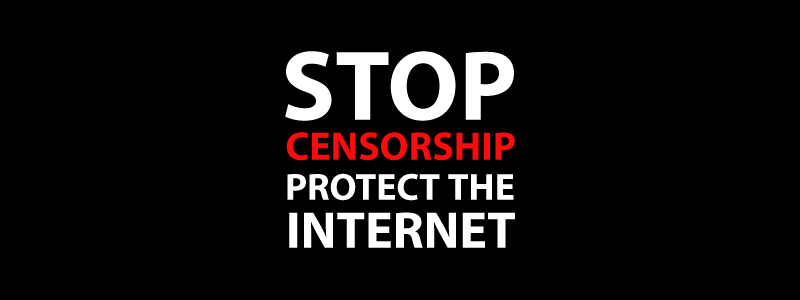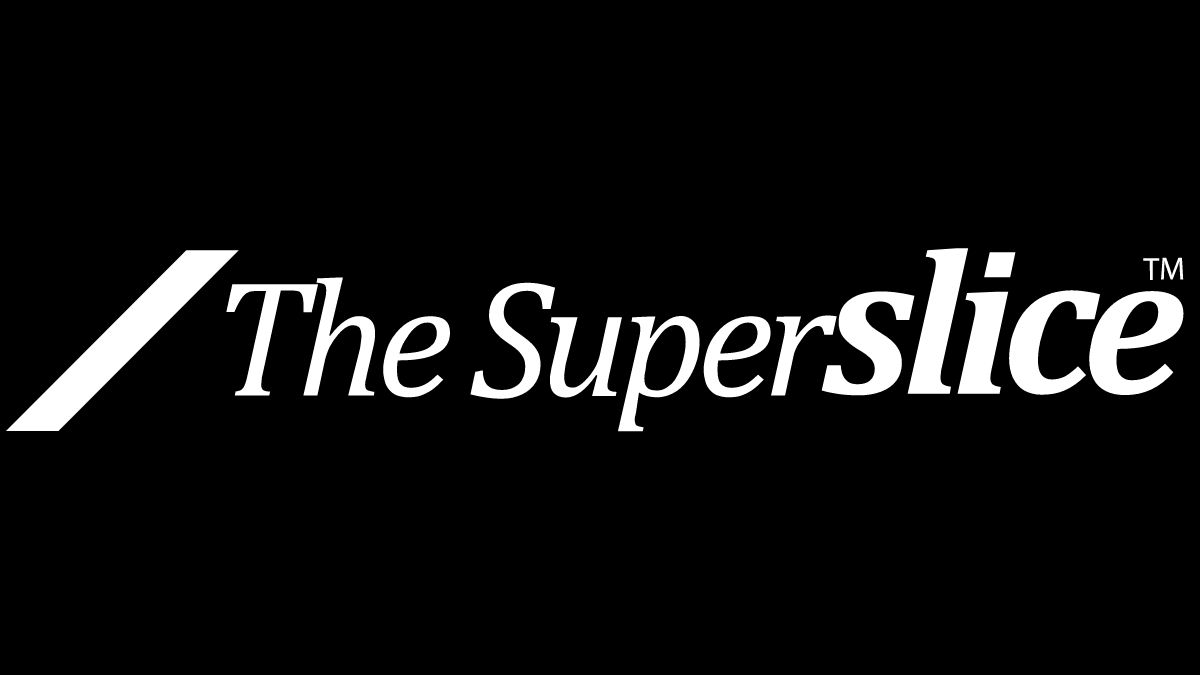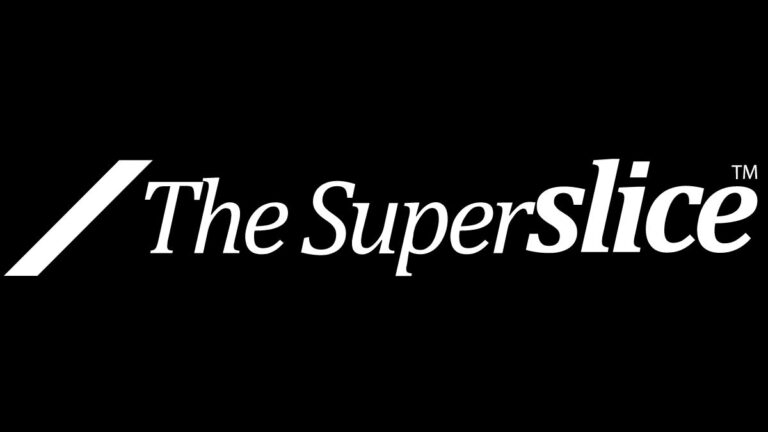STOP CENSORSHIP: PROTECT THE INTERNET
“(Censorship is) a disease that’s been around a long, long time, like Legionnaires’ disease, maybe, or Altzheimer’s.” –Kurt Vonnegut
Congress is considering two deeply flawed bills, the PROTECT-IP Act and the Stop Online Piracy Act (SOPA).
As it’s stated, these bills would go against more than a decade’s worth of US policy and advocacy for Internet freedom by establishing a censorship system using the same domain blacklisting technologies pioneered by China and Iran. Trust us, we do not want to go there.
This is a dangerous development and the tip of the iceberg; a slippery slope that is draconian. The Superslice stands in solidarity with such sites as Mozilla, Kickstarter, Reddit, Tumblr, 4CHAN, Boing Boing; not to mention big boys, Google and Facebook. Protect our Internet access, net neutrality, our freedom, and take away the power from corporations to censor the Internet.
We contacted two of our colleagues to get their perspective on the two bills. Dan DiCicco is an attorney and game developer based in Portland, Oregon. Darren Gruber is based in Brooklyn, New York and is a systems engineer at a leading social enterprise software development company. Here are their comments:
Dan DiCicco:
After reviewing the full text of SOPA, I have several major concerns. My foremost concern is that government lawyers can, by simply initiating an infringement action against a “foreign” website, get an injunction ordering domestic search providers and ISPs to essentially erase the website’s existence from the view of American internet users. The website itself will remain up in Sweden or Croatia or wherever it is hosted, but the American user simply will not be able to access it through direct navigation or through searches.
On a technical level, these hurdles are something that a savvy internet user could overcome using proxies or other technical wizardry. But most internet users are not at all that savvy, and for all intents and purposes this website will simply no longer exist to them.
The end result of that process is that the American user has his or her freedom of navigation restricted. The rest of the world can read the website, but the American user cannot.
If we looked at this law from the government’s perspective, in its ideal form it would be used to shut down obvious piracy websites. But what about less obvious websites? What about YouTube, when someone uploads a homemade video with a Metallica song in it? What about Facebook when someone reposts an infringing meme for the 150,000th time? These are the gray areas that really concern people, because essentially any site can get shut down under this law so long as it has the barest amount of infringement.
Under today’s paradigm, sites like YouTube self-police, and it works pretty well. Under the SOPA paradigm, the police would police the websites, and I think we would see a lot of websites drop off the radar for minor violations or even for mistaken violations of the law. The tool is too powerful, too broadly worded, and too essentially un-American to become a law. I very much doubt this bill will pass.
Darren Gruber:
It’s painfully obvious that the lawyers and politicians who authored SOPA have a fundamental misunderstanding of how the Internet actually works. Circumventing DNS filtering is simple and currently legal, but this may have larger implications about how companies operate their virtual storefronts on American TLD’s (top-level domains). I’d think twice about operating my online business here if my domains were subject to arbitrary seizure/blacklisting by corporations with the most political sway.
I really wanted to rant on the IP enforcement aspect of this, but I’d rather just point out that their “remedy” for sites they deem illegal or infringing is both laughably easy to bypass and a huge burden on Internet service providers everywhere.
More commentary from around the Internet:
Fight for the Future:
Tell Congress not to censor the internet NOW!
PROTECT-IP is a bill that has been introduced in the Senate and the House and is moving quickly through Congress. It gives the government and corporations the ability to censor the net, in the name of protecting “creativity”. The law would let the government or corporations censor entire sites– they just have to convince a judge that the site is “dedicated to copyright infringement.”
The government has already wrongly shut down sites without any recourse to the site owner. Under this bill, sharing a video with anything copyrighted in it, or what sites like Youtube and Twitter do, would be considered illegal behavior according to this bill.
According to the Congressional Budget Office, this bill would cost us $47 million tax dollars a year — that’s for a fix that won’t work, disrupts the internet, stifles innovation, shuts out diverse voices, and censors the internet. This bill is bad for creativity and does not protect your rights.
@NancyPelosi:
Need to find a better solution than #SOPA #DontBreakTheInternet RT @jeffreyrodman: Where do you stand on Internet censoring and #SOPA?
Future Journalism Project:
Simply, the law gives copyright holder the power to determine what infringes and what doesn’t infringe without any oversite, judicial or otherwise.
You would think with such sweeping changes under consideration, the Judiciary Committee would want to hear multiple arguments and perspectives from different sides of the issue.
If only that were the case. As the Electronic Frontier Foundation reports, the deck is stacked in favor of SOPA proponents…
Yesterday we did a historic thing. We generated 87,834 phone calls to U.S. Representatives in a concerted effort to protect the Internet. Extraordinary. There’s no doubt that we’ve been heard.
So just to keep you updated: The well-intentioned, but immensely flawed “Stop Online Piracy Act” is still in the House Judiciary Committee. The hearing was yesterday and now members will debate and bring amendments to the bill. The Committee will reconvene in a few weeks — the date has yet to be scheduled. Nothing has been brought to a final vote. Everything is still very much in play. We’ll keep you posted on what’s going on and what you can do to help. But for now, we want to thank you.
PETITION THE OBAMA ADMINISTRATION WITH A CLICK: Amend the Constitution, making the Internet an unalienable right.







